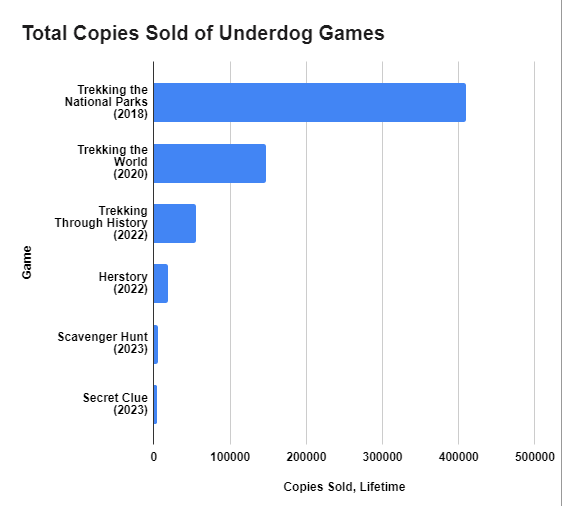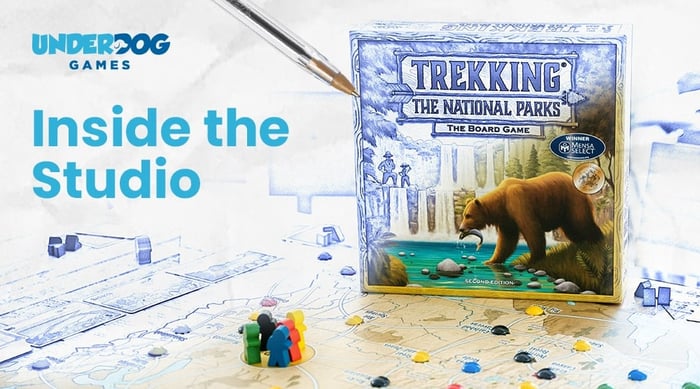- 5000 tabletop games are published each year.
- Less than one half of one percent of those are hits.
- Because it’s not a high-margin business, we need hits to avoid busting.

How to make an unusually good game?
- Make a brand new game, relying on lessons learned from already-published games. We’ve done a lot of that. The main problem with this is we’re always starting from zero.
- Start with an already-good game and try to make it great using all that feedback. Then we’re starting far from zero. This also allows us to earn more name recognition for a game that already has some, which helps market it. In many product categories, this is the standard approach. For example, legendary product designer Tony Fadell (iPhone, Nest Thermostat) has said your design isn't mature until the third edition.


